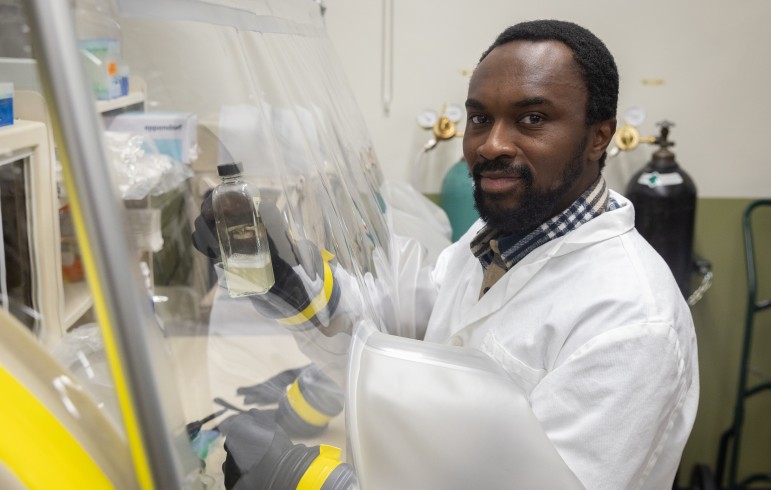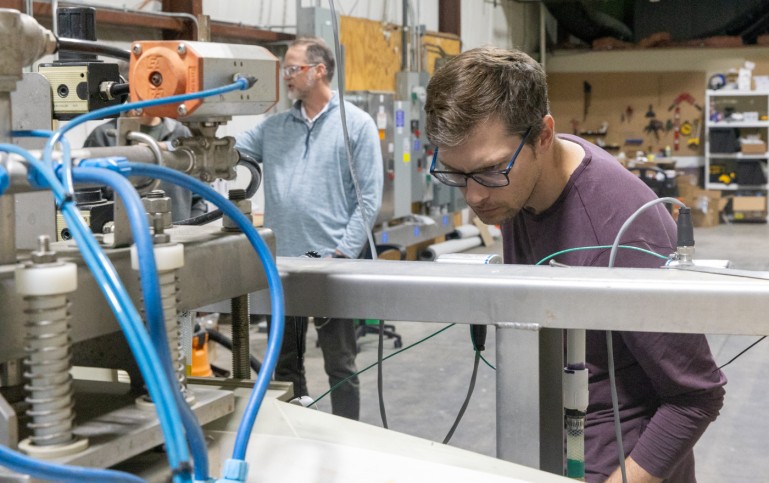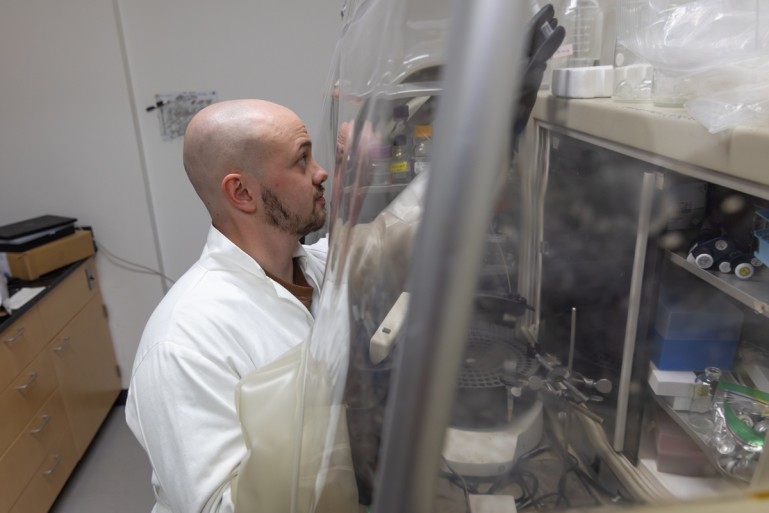Wisconsin's K-12 Energy Education Program (KEEP) has named Wisconsin Energy Institute's Allison Bender as 2025 Energy Educator of the Year.
Microbes are key to turning plants into liquid fuels: Yeasts and bacteria eat plant sugars like glucose and turn them into alcohols, a process known as fermentation.
Will utility ratepayers foot the bill for the data center boom?
Wisconsin utilities are gearing up to provide power for several proposed data centers, each of which could use as much electricity as an entire city.
With a focus on hydrocarbon fuels and chemicals made from non-food plants, the Bioenergy Research Centers are developing a portfolio of plant-based products, methods, and tools for use in an emerging U.S. bioeconomy.
Chemical engineering may not be the first discipline that comes to mind when we think about protecting the environment, but in honor of Earth Day, the College of Engineering highlighted the efforts of several Wisconsin Energy Institute researchers from this often overlooked field to find solution
Just a few years ago, the technology seemed to be heading for the exits, at least in the United States. But with new data centers threatening to overwhelm the current grid, nuclear power — including traditional fission plants, experimental small reactors, and potentially fusion — could be on the verge of a renaissance.
A bit of scientific happenstance set off a chain reaction that led Wang to co-found Alithic, a company that, with the assistance of the Wisconsin Alumni Research Foundation (WARF), UW-Madison’s technology transfer partner, and outside investment, is poised to enter the growing carbon-capture industry.



